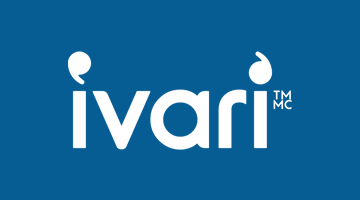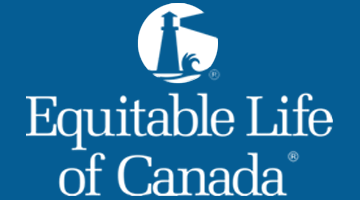Choosing Life Insurance Beneficiaries
Choosing Life Insurance Beneficiaries
Nobody likes to think of dying, but as it is a fact of life it must be given consideration at some stage in your life. Typically, people will start to think about life Insurance when they start families or relationships. Other reasons are if they enter into agreements where they require security in the event of their death. Choosing life insurance beneficiaries could be difficult.
What Should I Take Into Account
Who are the beneficiaries going to be is an important one. Does any money paid out go automatically to your spouse, children or bank? If you are in a stable relationship, but not officially married, does your partner automatically receive payment?
We have all seen where people have died and their families have hit the headlines while battling among themselves. They are battling over the estate, monies the deceased had, or was entitled to from their insurance policy. When you take out a life insurance policy you can name your chosen beneficiaries. If you fill this out any monies due at the time of your death will go directly to them. Typically claims are paid without question and within 30 days.
If you do not fill out this section of the document, any monies due at the time of your death will go to your estate. (The collection of assets you owned at the time of death). The lawyer holds the estate “in probate” and decides depending on circumstance how the money is distributed.
Normally, the lawyer handling your estate has to respect the contents of a will and distribute the estate as the deceased required. This process can, however, be contested in court by relatives of the deceased for a multitude of reasons.
Your Responsibilities with Beneficiaries
If you have completed the beneficiary part of your insurance document, it is your responsibility to make sure that it is up to date. Changing it as your circumstances change. (For example; when you first got married you took out a life insurance policy and named your, then, spouse as the sole beneficiary. Later on in life you divorced and re-married. In the event of your death any monies due from the insurance policy will automatically go to your first spouse – unless you changed the beneficiary listed in the policy and named your current spouse.)
Changing the beneficiary listed on your insurance policy is fairly simple. Most insurance companies will simply require that you fill out the appropriate forms. Whereas changing a Will usually requires the actions of an attorney.
When choosing life insurance beneficiaries on a policy you have a number of choices:
- You can name a sole beneficiary: In the event of your death the policy is paid directly to them.
- Name primary and secondary beneficiaries. In the event that the first beneficiary dies before you do the proceeds of the policy will go to the secondary beneficiary listed.
- You can name a list of beneficiaries and specify what percentage each will receive at the time of your death. The figures will be adjusted in the event of the death of one or more of the beneficiaries.
Can you name any one as a beneficiary?
Yes, you can name any one you wish as a beneficiary. They do not have to be a family member, or even connected to you in any way. Some clients name an unrelated beneficiary in cases where they have no direct descendants. Other options are to name a charitable organisations.
It is, however, important to inform the beneficiary that you have named them as such, because if the life insurance company cannot locate the listed beneficiary after a certain period the proceeds of your policy will revert to your estate. (Which, in the case of no descendants, may revert to the province)?
So, when you take out that insurance policy think about whether you wish to name a beneficiary, or let the proceeds go to your estate, which will respect the contents of your will.













